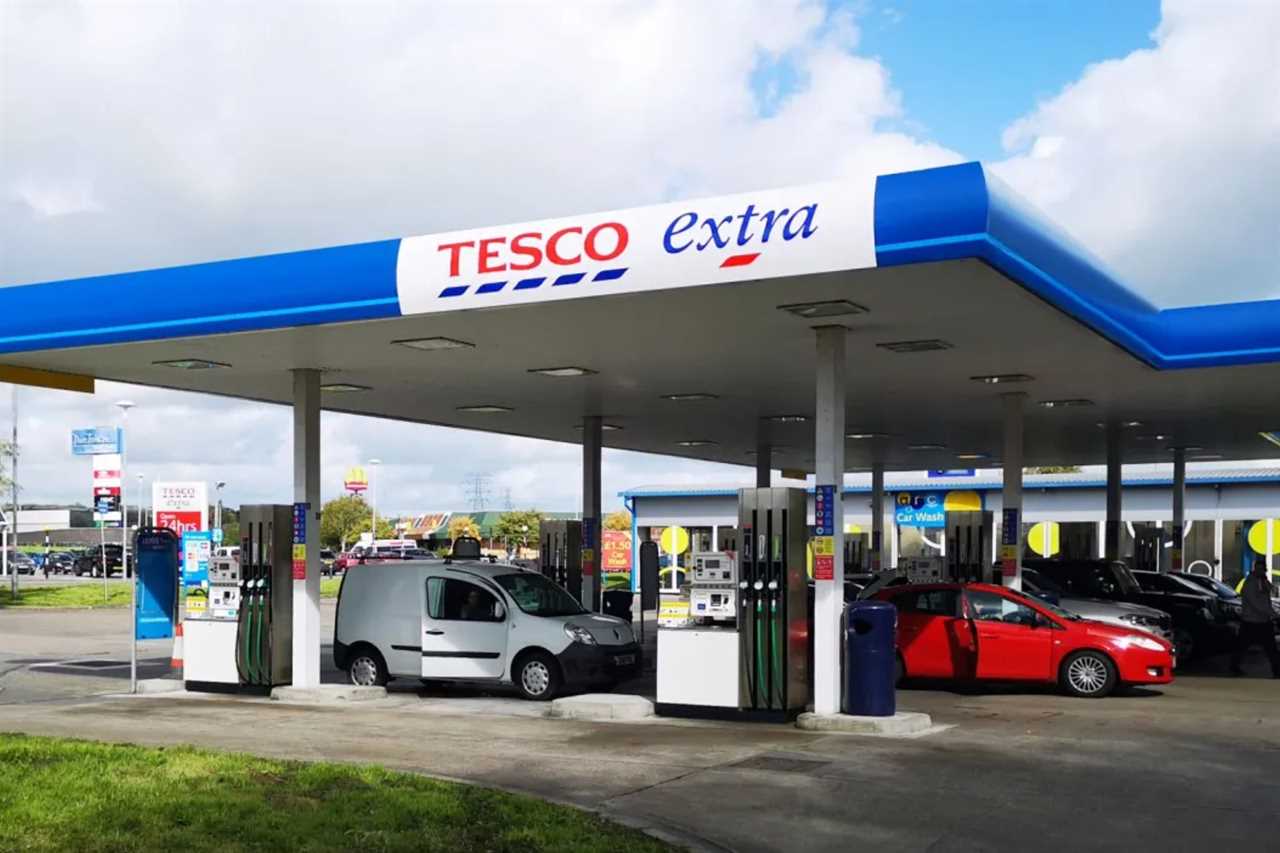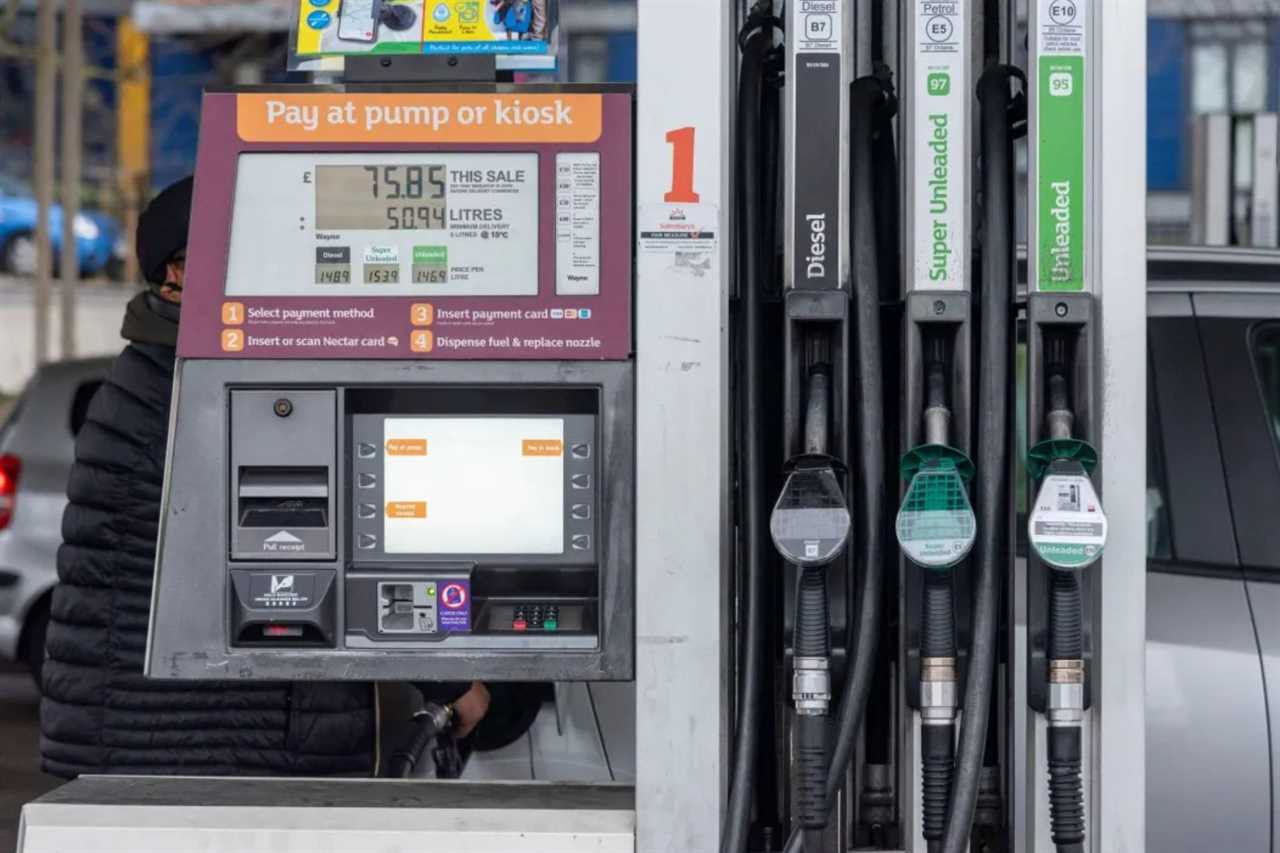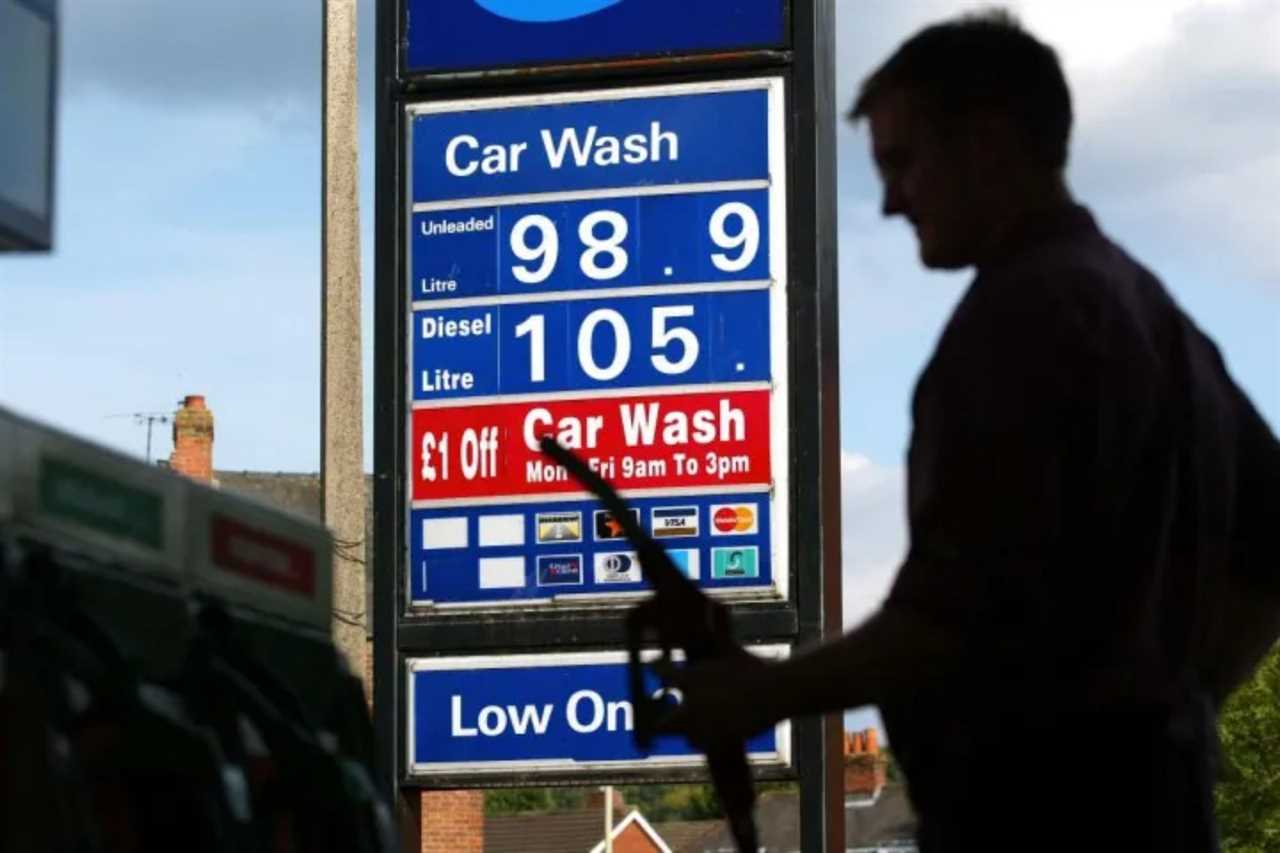
Easter bank holidays provide the perfect opportunity for Brits to hit the road and visit loved ones across the country. However, varying operating hours at local petrol stations could affect your travel plans. Here’s a breakdown of what to expect from major petrol providers this Easter.
Audio Summary of the Article
Sainsbury's: Reliable Service Hours
Sainsbury's petrol stations typically remain open during bank holidays, even if their main stores are closed. These stations generally open half an hour earlier and close half an hour later than the supermarkets. Expect most Sainsbury’s pumps to be accessible from 7:30am to 8:30pm, ensuring you won’t run out of fuel while on your Easter adventures.
Morrisons: Limited Availability
In 2024, Morrisons reduced its petrol station count by selling 337 locations to cut costs. Despite this, many stations across the UK still operate under the Morrisons brand. Opening times vary by location, but most are open from 9am to 6pm. For the most accurate information, consult the Morrisons app to check your local station’s hours.
Tesco: Check Local Times
Tesco petrol stations are generally open from 8am to 6pm during the Easter bank holiday. However, in Scotland, times may differ, as seen during the New Year period when Scottish stations opened later at 11am. It’s advisable to verify your nearest Tesco pump’s hours ahead of time, especially if you’re traveling in Scotland. The Tesco app provides detailed information on each station's operating hours.

Asda: Pay-at-the-Pump Convenience
Most Asda petrol stations offer a pay-at-the-pump service, allowing you to fuel up any day of the year. However, the convenience may be limited as some Asda stores might be closed, meaning food and drink options could be unavailable. To ensure access to in-store services, check the Asda app for your local station’s specific hours.
Shell: Extensive Coverage
Shell maintains a strong presence with over 1,100 branded service stations and access to an additional 3,800 fuel points across the UK. Typically open during bank holidays, Shell’s hours can vary by location. For precise opening times, refer to the Shell app, which provides comprehensive details for each station you plan to visit.
Esso: Always Accessible Fuel
Esso petrol stations are usually open on bank holidays, making it easy to keep your journey on track. While fuel services remain available, some in-store amenities like food, beverages, and restrooms may follow different schedules. To avoid any inconvenience, use Esso’s store locator to confirm the operating hours of stations along your route.
BP: Consistent Availability
With over 1,200 branded service stations nationwide, BP ensures that most of its locations follow regular hours during the Easter bank holiday. However, there may be exceptions depending on the specific station. For the most accurate information, visit BP’s website to check the hours of petrol stations you intend to use.

Tips for a Smooth Easter Road Trip
To ensure a hassle-free journey this Easter, it’s wise to plan your fuel stops in advance. Utilize the respective apps and websites of these petrol providers to verify opening times and locate nearby stations. Keeping your tank full and knowing where to stop can help you enjoy the holiday without unexpected delays.
Whether you’re heading to visit family or exploring new destinations, staying informed about petrol station hours will keep your Easter travels seamless and enjoyable. Safe travels!
Frequently Asked Questions
How can I start saving for retirement?
To start saving for retirement, begin by establishing clear retirement goals and determining how much you need to save. Contribute to employer-sponsored retirement plans, such as a 401(k), and consider opening an Individual Retirement Account (IRA). Regular contributions and taking advantage of compounding interest can significantly boost your retirement savings over time.
What is the definition of money?
Money is a medium of exchange that facilitates transactions for goods and services. It serves as a unit of account, a store of value, and a standard of deferred payment, allowing individuals to compare the value of diverse products and services.
What are credit scores and why are they important?
Credit scores are numerical representations of an individual's creditworthiness, calculated based on credit history, payment behavior, and debt levels. They are important because they impact the ability to obtain loans, credit cards, and favorable interest rates, affecting overall financial health.
What are the main functions of money?
The primary functions of money are as a medium of exchange, facilitating trade; a unit of account, which provides a standard measure of value; a store of value, allowing individuals to save and transfer purchasing power over time; and a standard of deferred payment, enabling credit transactions.
What are the different types of money?
The main types of money include commodity money, which is based on physical goods like gold or silver; fiat money, which is government-issued currency not backed by a physical commodity; and digital currency, which exists electronically and is often decentralized, such as cryptocurrencies.
What are the risks associated with investing in the stock market?
Investing in the stock market involves several risks, including market volatility, economic downturns, and company-specific factors that can lead to losses. Investors may also face liquidity risk, where they cannot sell an investment quickly without incurring a loss. Diversification and thorough research can help mitigate these risks.
What is a budget deficit?
A budget deficit occurs when a government's expenditures exceed its revenues over a specific period, usually a fiscal year. This can lead to increased borrowing and national debt if not addressed through spending cuts or revenue increases.
Statistics
- Research by the National Bureau of Economic Research found that individuals who receive financial education are 25% more likely to save than those who do not.
- According to the Bureau of Labor Statistics, the average American spends about $1,500 per year on coffee.
- In 2020, the average retirement savings for Americans aged 60 to 69 was approximately $195,000, according to Fidelity.
- According to the Federal Reserve, approximately 39% of Americans do not have enough savings to cover a $400 emergency expense.
- According to a survey by the Financial Industry Regulatory Authority (FINRA), about 66% of Americans could not correctly answer four basic financial literacy questions.
- A survey by the American Psychological Association found that 72% of Americans reported feeling stressed about money at some point in the past month.
- As of 2021, the average student loan debt for recent graduates was approximately $30,000, according to the Federal Reserve.
- The average return on investment for the S&P 500 over the past 90 years is about 10% per annum.
External Links
How To
How To Set Financial Goals That Stick
Setting financial goals that stick begins with defining what you want to achieve, whether it’s saving for a home, paying off debt, or building retirement savings. Use the SMART criteria—Specific, Measurable, Achievable, Relevant, Time-bound—to structure your goals effectively. Write down your goals and break them into smaller, actionable steps to make them less overwhelming. Establish a timeline for each goal and regularly review your progress to stay motivated. Adjust your goals as necessary to reflect changes in your financial situation or priorities, ensuring they remain relevant and attainable over time.
Did you miss our previous article...
https://hellofaread.com/money/thousands-of-bank-branches-to-close-forcing-customers-to-new-venues
 PoliticsRoyaltySoap OperaGamingMoneyPrivacy PolicyTerms And Conditions
PoliticsRoyaltySoap OperaGamingMoneyPrivacy PolicyTerms And Conditions
